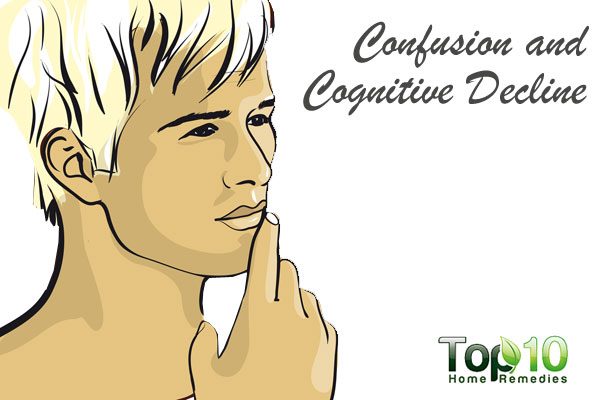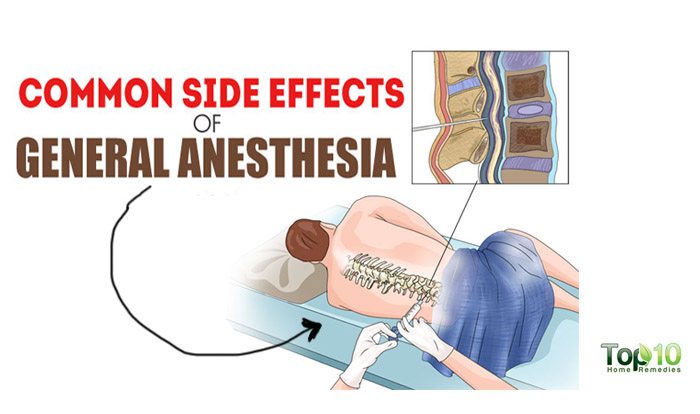5. Confusion and Cognitive Decline
As one begins to awaken from general anesthesia, he or she may experience some confusion, disorientation or difficulty thinking clearly. This is normal and can last for a few days.
However, for elderly people, confusion can last for days or weeks. The problem is more severe in those who already suffer from some kind of existing memory problem.

A 2006 study published in Continuing Education in Anaesthesia, Critical Care & Pain reports that the risk of prolonged postoperative cognitive dysfunction is more than 10 percent following major surgery in patients of more than 60 years of age.
Increasing age is a risk factor and the incidence in patients of more than 80 years of age may be as high as one in three.
Another study published in 2014 in the Singapore Dental Journal also reports that postoperative cognitive complications are often transitory, but can be associated with devastating outcomes in elderly patients.
6. Muscle Pain
Muscle pain is another common side effect of general anesthesia.

The medications used to relax the muscles so that a breathing tube can be inserted can cause soreness and muscle pain. One may also experience pain and discomfort in the neck, shoulders, back or chest due to lying for a prolonged time on an operating table.
Such pain usually appears on the first day after surgery and can last two or three days. At times, it can be quite severe. Fortunately, it does go away without specific treatment.
Muscle pain is most common in young female patients, especially those undergoing ambulatory surgery, which means one goes home the same day as the surgery.
7. Teeth Damage
Another side effect of general anesthesia is damage to the mouth or teeth, however, it is not very common.

A very small proportion of people undergoing general anesthesia may have small cuts on to their lips or tongue from the breathing tube, and some may have damage to their teeth, particularly on the upper front teeth.
Patients who have poor dental health and where the anesthetist had difficulty getting the breathing tube in place are at a higher risk of suffering from this side effect.
Serious Complications
On rare occasions, general anesthesia may cause more serious complications. This may include postoperative delirium, cognitive dysfunction, brain damage, heart attack, stroke, or malignant hyperthermia.
Resources: www.top10homeremedies.com









